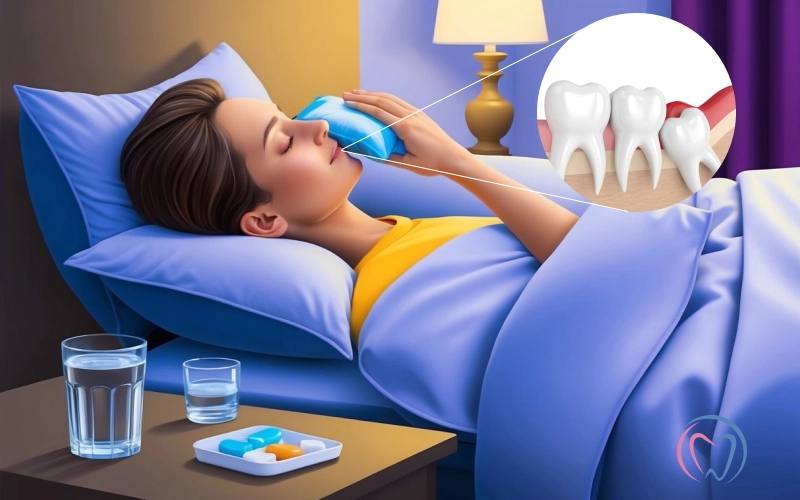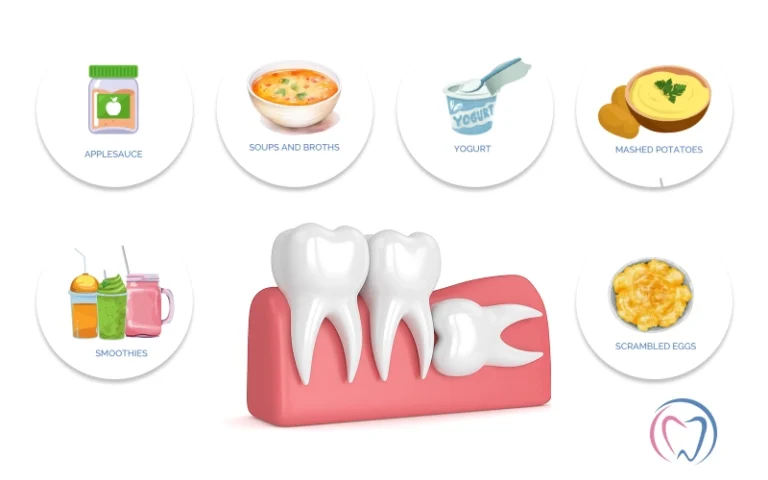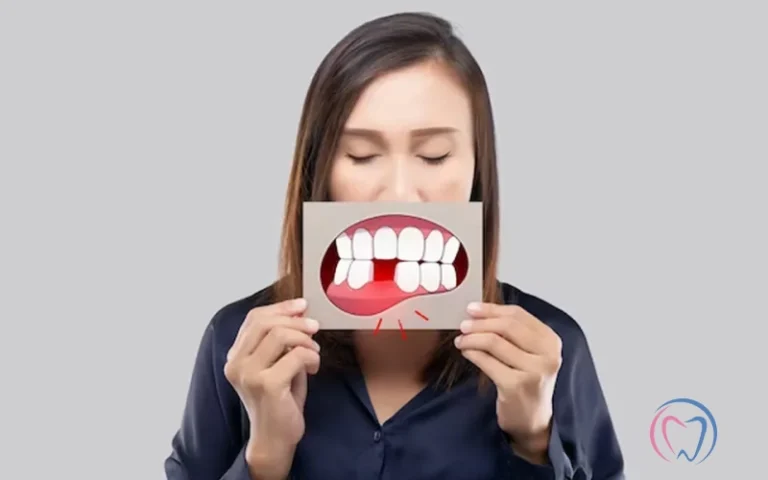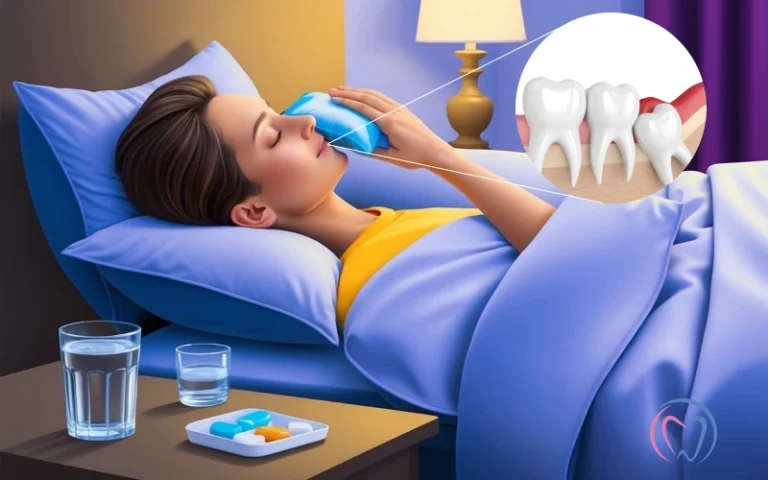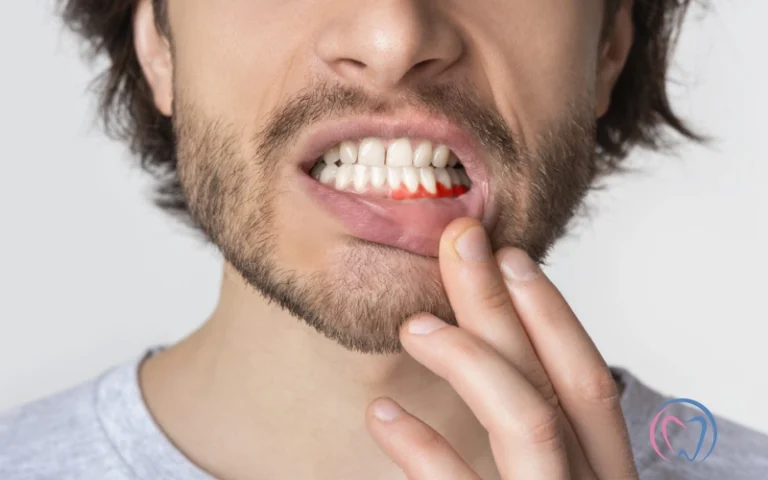Wisdom tooth removal is a common dental procedure, but it often leads to swelling, discomfort, and difficulty sleeping in the days following surgery. So, while rest is important for recovery, it can be nearly impossible when your mouth is sore and you are trying to avoid disturbing the healing process.
If you are having trouble sleeping after a wisdom tooth extraction, let’s dive into some helpful advice to make your sleep more comfortable and promote a smoother recovery.
- Ensure that your head is elevated when you sleep.
After having wisdom teeth removed, it is important to sleep with your head elevated. Lying flat can cause more swelling and discomfort by increasing blood flow to the area.
Try using extra pillows to prop yourself up or sleeping in a recliner for the initial few nights. By keeping your head above your heart, you can reduce inflammation and bleeding, making it easier to drift off.
- Eat a light meal before bedtime.
Eating the right foods after surgery can aid in recovery and prevent hunger. Do not consume hot, spicy or crunchy foods that can irritate the surgical site.
Choose foods that are soft and cool, like applesauce, yoghurt, pudding or mashed potatoes, especially in the hours before bedtime.
Make sure to finish eating at least an hour before lying down to avoid disturbing the surgical area with unnecessary jaw movement or potential food particles.
- Take prescribed medications on schedule;
Wisdom tooth removal can lead to sleep problems due to pain and discomfort. If you have been prescribed painkillers by your dentist or oral surgeon, take them as instructed, particularly before going to bed.
In case you were told to use over-the-counter medications such as ibuprofen or acetaminophen, take them 30 minutes before you go to sleep. By timing it correctly, the medicine will be active in the crucial first hours of rest.
- Avoid sleeping on your side.
It is best to sleep on your back after surgery, even if you usually sleep on your side. Lying on your side can increase swelling or disturb the clot that is forming in the socket, which is crucial for healing, by putting pressure on your cheeks and jaw.
Sleeping on your back also assists in maintaining elevation and decreases the likelihood of accidentally rolling onto the affected side.
- Stay hydrated wisely.
Drinking plenty of water throughout the day is crucial for staying hydrated and supporting healing. However, avoid using straws for at least a week to avoid dislodgement of the blood clot and dry socket.
- Use ice packs during the day;
Applying an ice pack to your cheeks every 15 minutes throughout the day can help reduce swelling and discomfort. Reducing inflammation before bedtime can make it easier to find a comfortable sleeping position.
It is important to remove the ice pack at least 30 minutes before lying down to prevent your body from becoming cold while you are trying to sleep.
- Create a calming bedtime routine.
Pain and anxiety can prevent you from falling asleep. Develop a peaceful nightly routine to help unwind. Make sure to turn off all electronics at least 30 minutes before bed. Relaxing before bed can help your mind focus less on the discomfort and more on getting the rest your body needs.
- Make sure the surgical site is clean.
It is important to maintain good oral hygiene, but avoid brushing the surgical site too closely for the first 24 hours. Start the day after surgery with a gentle rinse of warm salt water, especially before bed.
Keeping the area clean can lower the chance of infection, which can worsen discomfort and disrupt sleep.
- Be aware of the right time to contact your dentist.
If you are having trouble sleeping because of severe pain, persistent bleeding or signs of infection, like fever, contact your dentist or oral surgeon. These signs may indicate complications, such as dry socket or infection, that necessitate professional attention.
Sleeping after wisdom teeth removal is difficult, but with a few adjustments and mindful habits, you can improve your rest and speed up the healing process. Make sure to elevate your head, carefully manage pain, maintain gentle oral hygiene and give your body the time it requires to recover.
With the right amount of patience and care, you will be sleeping comfortably again in no time.

